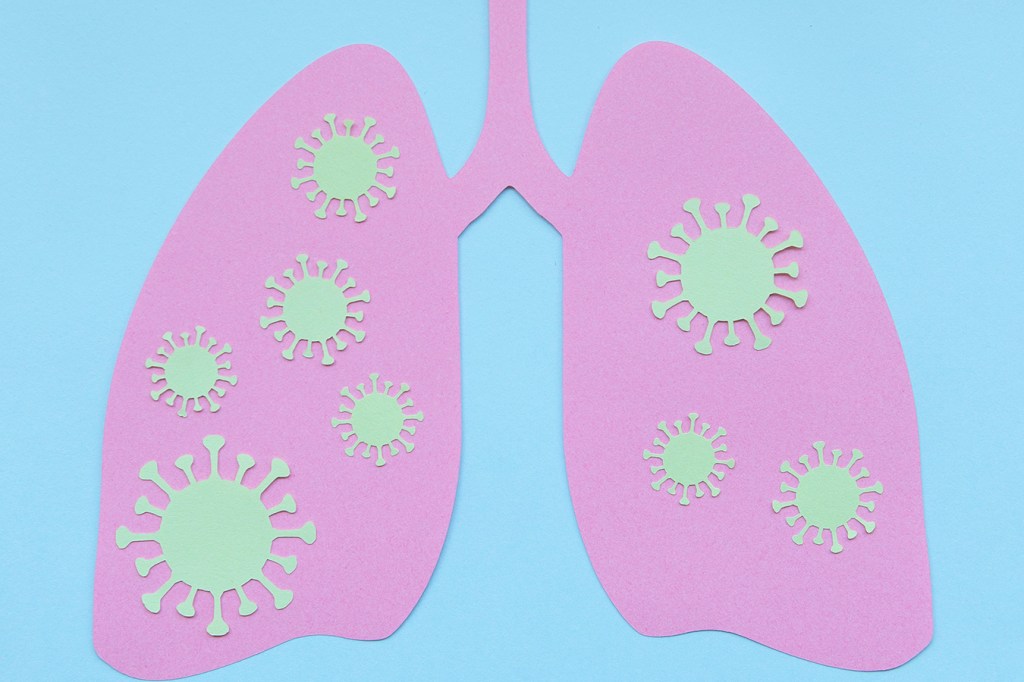
Doctors say a female in Michigan contracted covid-19 and passed away last fall 2 months after getting a tainted double-lung transplant from a donor who turned out to harbor the virus that causes the illness– despite revealing no indications of disease and initially screening negative.
Authorities at the University of Michigan Medical School recommended it may be the very first proven case of covid in the U.S. in which the virus was sent by means of an organ transplant. A cosmetic surgeon who managed the donor lungs was likewise contaminated with the virus and fell ill however later recuperated.
The incident seems separated– the just validated case amongst almost 40,000 transplants in 2020. But it has led to calls for more extensive testing of lung transplant donors, with samples drawn from deep within the donor lungs in addition to the nose and throat, said Dr. Daniel Kaul, director of Michigan Medicine’s transplant transmittable illness service.
” We would never have actually utilized the lungs if we ‘d had a favorable covid test,” said Kaul, who co-authored a report about the case in the American Journal of Transplantation
The infection was transferred when lungs from a female from the Upper Midwest, who passed away after suffering an extreme brain injury in a car accident, were transplanted into a lady with chronic obstructive lung disease at University Hospital in Ann Arbor. The nose and throat samples routinely collected from both organ donors and recipients tested negative for SARS-CoV-2, the virus that causes covid.
” All the screening that we typically do and are able to do, we did,” Kaul stated.
3 days after the operation, nevertheless, the recipient surged a fever; her high blood pressure fell and her breathing became labored. Imaging showed signs of lung infection.
As her condition intensified, the client established septic shock and heart function issues.
Suspicious about the origin of the infection, medical professionals went back to samples from the transplant donor. A molecular test of a swab from the donor’s nose and throat, taken 48 hours after her lungs were obtained, had been negative for SARS-Cov-2. The donor’s family informed physicians she had no history of current travel or covid signs and no known exposure to anybody with the illness.
4 days after the transplant, the cosmetic surgeon who handled the donor lungs and performed the surgical treatment checked favorable, too. Hereditary screening exposed that the transplant recipient and the cosmetic surgeon had actually been contaminated by the donor. 10 other members of the transplant team evaluated negative for the virus.
The transplant recipient deteriorated quickly, developing multisystem organ failure. Life assistance was withdrawn, and she died 61 days after the transplant.
Kaul called the occurrence “a tragic case.”
While the Michigan case marks the very first confirmed incident in the U.S. of transmission through a transplant, others have been presumed. A current Centers for Disease Control and Avoidance report reviewed eight possible cases of what’s referred to as donor-derived infection that took place last spring, but concluded the most likely source of transmission of the covid virus in those cases remained in a neighborhood or healthcare setting.
Before this incident, it was unclear whether the covid infection might be sent through strong organ transplants, though it’s well documented with other respiratory viruses. Donor transmission of H1N1 2009 pandemic influenza has been discovered almost exclusively in lung transplant recipients, Kaul kept in mind.
While it’s not surprising that SARS-CoV-2 can be transmitted through contaminated lungs, it stays uncertain whether other organs affected by covid– hearts, livers and kidneys, for instance– can send the virus, too.
” It appears for non-lung donors that it might be extremely challenging to transfer covid, even if the donor has actually covid,” Kaul said.
Organ donors have been tested routinely for SARS-CoV-2 throughout the pandemic, though it’s not required by the Organ Procurement and Hair Transplant Network, or OPTN, which manages transplants in the U.S. The Michigan case highlights the need for more comprehensive sampling prior to transplant, particularly in areas with high rates of covid transmission, Kaul stated.
When it comes to lungs, that indicates making sure to check samples from the donor’s lower breathing tract, as well as from the nose and throat.
Since no organs other than lungs were utilized, the Michigan case doesn’t offer insight into screening protocols for other organs.
In general, viral transmissions from organ donors to recipients remain uncommon, taking place in fewer than 1%of transplant recipients, research study shows. The medical risks dealing with ailing patients who decline a donor organ are normally far greater, stated Dr. David Klassen, primary medical officer with the United Network for Organ Sharing, the federal specialist that runs the OPTN.
” The dangers of rejecting transplants are disastrous,” he stated. “I do not believe clients must hesitate of the transplant procedure.”
No comments:
Post a Comment